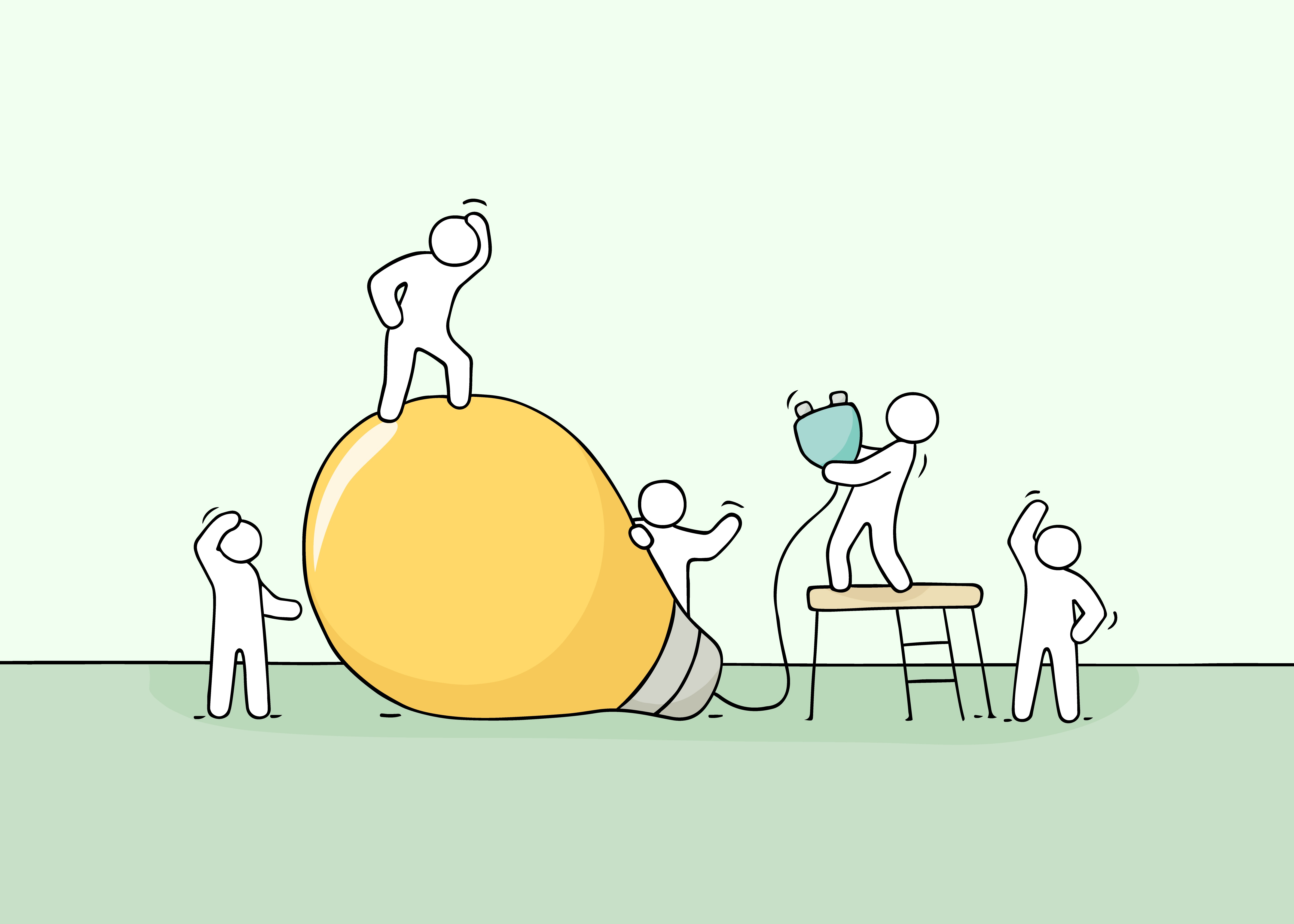Being a manager comes with a wide array of responsibilities — everything from overseeing employee workload and checking in with your team, to giving regular feedback and teeing up new projects. With everything going on, it can be challenging to toggle your team’s well-being and your own, but research suggests that by creating a self-improving team, it’s possible to do both efficiently.
“Self-improving teams have feedback loops that make getting better over time a team effort,” Cate Hudson, a writer and engineering manager, writes in Quartz at Work. “They respond well to failure and learn as much from it as possible.”
Experts agree that self-improving teams are beneficial for everyone involved. “The existing evidence suggests that self-improving teams are generally more effective,” Erik Gonzalez-Mulé, Ph.D., an assistant professor of Organizational Behavior and Human Resources at Indiana University’s Kelley School of Business, tells Thrive. “They perform better than ‘regular’ teams.”
While being a hands-on manager has its benefits, Gonzalez-Mulé explains that letting your team operate on its own — and feeling confident in their ability to do so — can help you regulate your own stress levels and avoid symptoms of burnout. And although it’s not always easy to adopt a broader perspective, doing so can increase team collaboration and help improve performance. Here’s how you can help your team become more self-improving.
Schedule regular check-ins
Many managers think of feedback in terms of day-to-day conversation or formal annual reviews — but if you want your team to be self-sufficient, Gonzalez-Mulé suggests setting initial goals, and then giving consistent feedback. “It’s important for managers of self-improving teams to provide regular feedback… but also have a culture of accountability,” he says. “Research shows that in the absence of feedback and accountability, self-improving teams lack clarity as to what the organization wants them to do, and perform worse.” By giving regular feedback without hovering, Gonzalez-Mulé says the team can work more seamlessly and independently over time, and feel confident about the work they’re producing.
Adopt a coaching mindset
The best way to create a self-maintaining team while protecting your own stress levels, according to Hudson, is to think of yourself as the team’s coach. This means that instead of being in the trenches with your team, you’re advising from the sidelines. Hudson notes that embracing a coaching mindset may feel initially uncomfortable, but in the long run, it will help steer your team — and your well-being — in the right direction. “Every new manager struggles to let go of the individual work they were doing before,” she writes. “It means moving away from the need to control and liberating yourself (and your team) from the feeling that the value you bring comes from the power you have.”
Be thoughtful about incentives
Like any other team, a self-improving one benefits from incentives — but only if they’re strategic. “Being clear about incentives and then rewarding the things you want to see is key,” Hudson writes. “If you want to incentivize collaboration, you can’t evaluate purely on individual metrics. If you want to incentivize honesty, you have to be willing to listen to the things you don’t want to hear.” According to Hudson, incentivizing isn’t just about hitting numerical goals or reaching deadlines, and it’s important your team is aligned on what they’re working toward. And most importantly, remember to show your appreciation (which is also an incentive) for your team’s work when they do reach their goals.
Follow us here and subscribe here for all the latest news on how you can keep Thriving.
Stay up to date or catch-up on all our podcasts with Arianna Huffington here.


